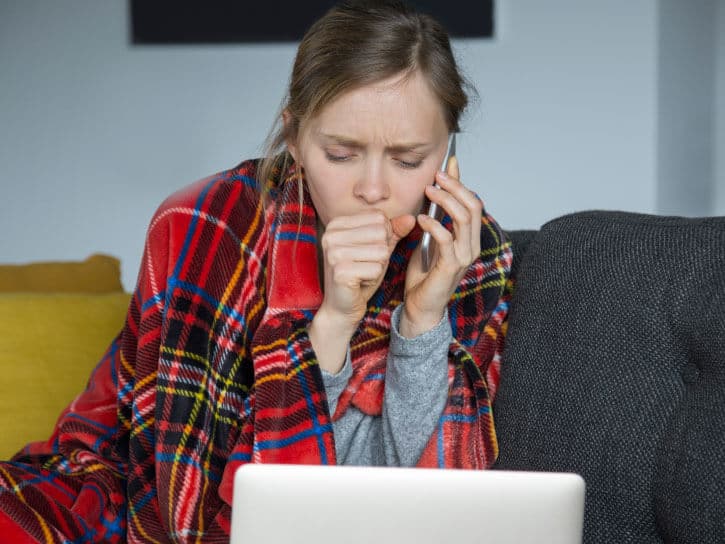AAACCHHHOOO! All you need to know about the ‘flu.
AAACCHHHOOO! All you need to know about the ‘flu.
Updated 15 May 2020.
While we all contend with the Coronavirus, lets not forget that influenza season is well and truly upon us too with over 20,000 reported cases in Australia already this year.* We’ve put together this handy little summary of all things influenza, just as a quick reminder during these unusual times.
Who is most at risk?
Not surprisingly, those most at risk of contracting influenza are children under five, the elderly, pregnant women, those of Aboriginal or Torres Strait Islander heritage, and those who already suffer from a chronic medical condition. These groups need to take extra care. Immunisation certainly improves your chances of staying flu-free, however anyone can contract the influenza virus.

How can I avoid getting the flu?
A good start is to get an annual influenza vaccine. Each year, the strain of the flu changes, so the vaccine offered changes too. No live virus is present in the vaccine itself, so contrary to the views of some, you won’t contract influenza just by having the vaccine. Plus, if you fall into a certain category, or live in a particular State, the vaccine may be free.
Other ways you may avoid the flu are common-sense practices such as good hygiene through hand-washing, covering your mouth when you cough to prevent the spread of germs, and staying away from those who have been diagnosed with influenza.

What is it exactly?
Influenza is a virus, which causes a respiratory illness. Sadly it can be fatal, but for most it is a short-term illness from which the sufferer recovers within a week or two.
Those who have influenza may experience a high fever, dry cough, body aches and chills and feel weak and tired. They might also experience aches behind the eyes, a sore throat, runny or stuffy nose and a loss of appetite.

Eeek! I have the flu – what do I do?
Make an appointment with SwiftDoc and one of our experienced GPs will advise what to do.
*https://www.immunisationcoalition.org.au/news-media/2020-influenza-statistics/
https://www.immunisationcoalition.org.au/news-media/2019-influenza-statistics/
This website does not provide medical advice. It is intended for informational purposes only. It is not a substitute for professional medical advice, diagnosis or treatment. Never ignore professional medical advice in seeking treatment. If you think you may have a medical emergency, immediately dial Triple 0 (000).